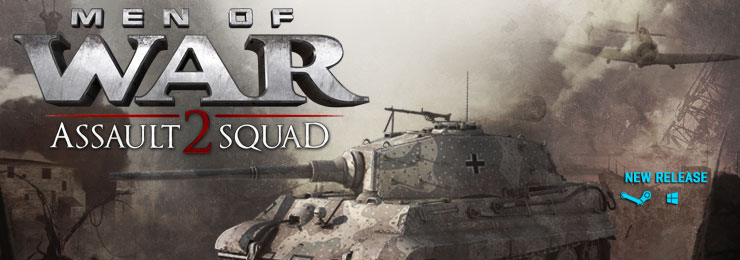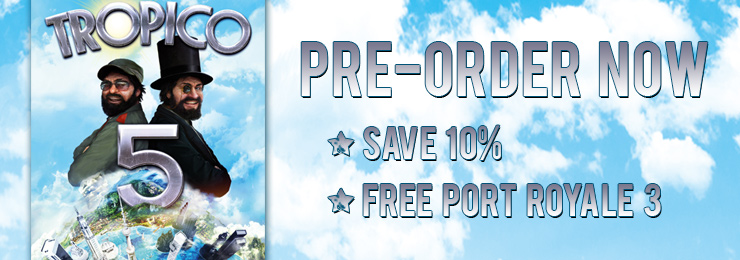
Bring it on AP Photo/Activision
Activision Blizzard, the video game maker most famous for its Call of Duty franchise, has finally broken free. After months of negotiations, its owner, Vivendi, agreed to sell most of its stake in Activision back to the company for $8.2 billion.
The deal should make Activision a more nimble company, which will heat up the already intense battle with rival Electronic Arts.
Activision’s shares rose by more than 14% on the news. Activision CEO Bobby Kotick and his investment partners will also have a stake in the company as part of the deal. The new Activision will have about $3 billion in cash on its balance sheet, a nice stockpile to use for investments in the company, M&A, or other purposes.
Arch rival Electronic Arts is also doing well, and recently reported better-than-expected earnings. But the company has been going through a bit of a transformation, and laid off some staffers earlier this year to streamline operations. Electronic Arts is also still searching for a permanent CEO after John Riccitiello left the company.
Still, the company managed to beat analyst estimates, even though its Battlefield 3 game, a competitor to Call of Duty, is almost two years old. The company is pinning a lot of hope on the release of its FIFA 3 soccer game in China. It will also be launching Battlefield 4 later this year, which will go up against Activision’s Call of Duty: Ghosts.
The one gaming company that has fallen behind is Zynga. Its shares continued to fall today (they are down by about 17%), after announcing that it would not pursue a license for online gambling in the United States. The company—and many investors—had hoped that real-money gambling could help turn it around.
Interestingly, Zynga’s new CEO Don Mattrick is rumored to have been the front runner for the Electronic Arts CEO position. So far, it looks like Mattrick may have made a questionable choice in picking Zynga. He is overhauling Zynga’s strategy and warned it could get ugly at times, but said Zynga will be better off in the long run.
The deal should make Activision a more nimble company, which will heat up the already intense battle with rival Electronic Arts.
Activision’s shares rose by more than 14% on the news. Activision CEO Bobby Kotick and his investment partners will also have a stake in the company as part of the deal. The new Activision will have about $3 billion in cash on its balance sheet, a nice stockpile to use for investments in the company, M&A, or other purposes.
Arch rival Electronic Arts is also doing well, and recently reported better-than-expected earnings. But the company has been going through a bit of a transformation, and laid off some staffers earlier this year to streamline operations. Electronic Arts is also still searching for a permanent CEO after John Riccitiello left the company.
Still, the company managed to beat analyst estimates, even though its Battlefield 3 game, a competitor to Call of Duty, is almost two years old. The company is pinning a lot of hope on the release of its FIFA 3 soccer game in China. It will also be launching Battlefield 4 later this year, which will go up against Activision’s Call of Duty: Ghosts.
The one gaming company that has fallen behind is Zynga. Its shares continued to fall today (they are down by about 17%), after announcing that it would not pursue a license for online gambling in the United States. The company—and many investors—had hoped that real-money gambling could help turn it around.
Interestingly, Zynga’s new CEO Don Mattrick is rumored to have been the front runner for the Electronic Arts CEO position. So far, it looks like Mattrick may have made a questionable choice in picking Zynga. He is overhauling Zynga’s strategy and warned it could get ugly at times, but said Zynga will be better off in the long run.







 Men of wa
Men of wa









.gif)